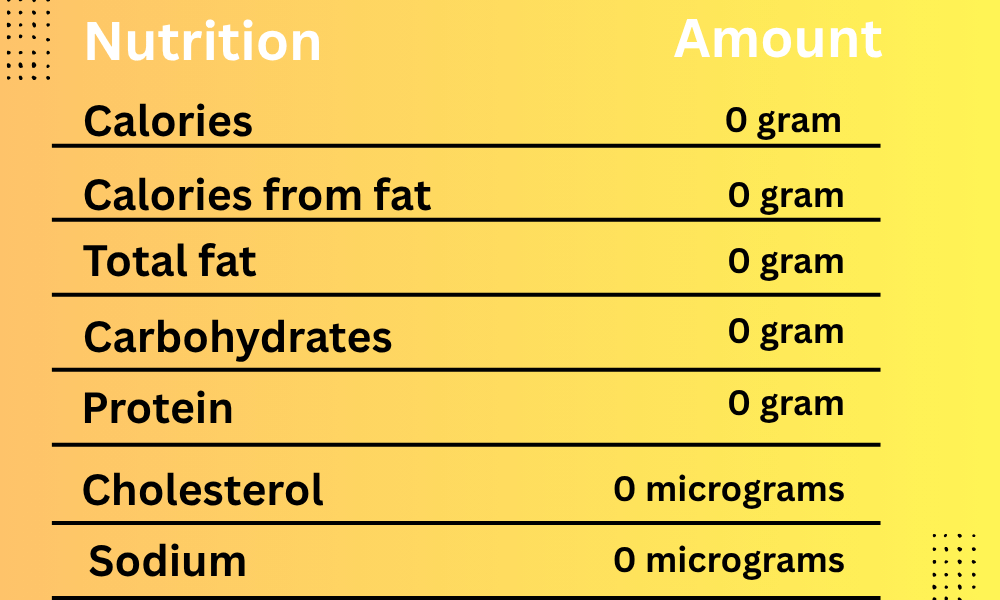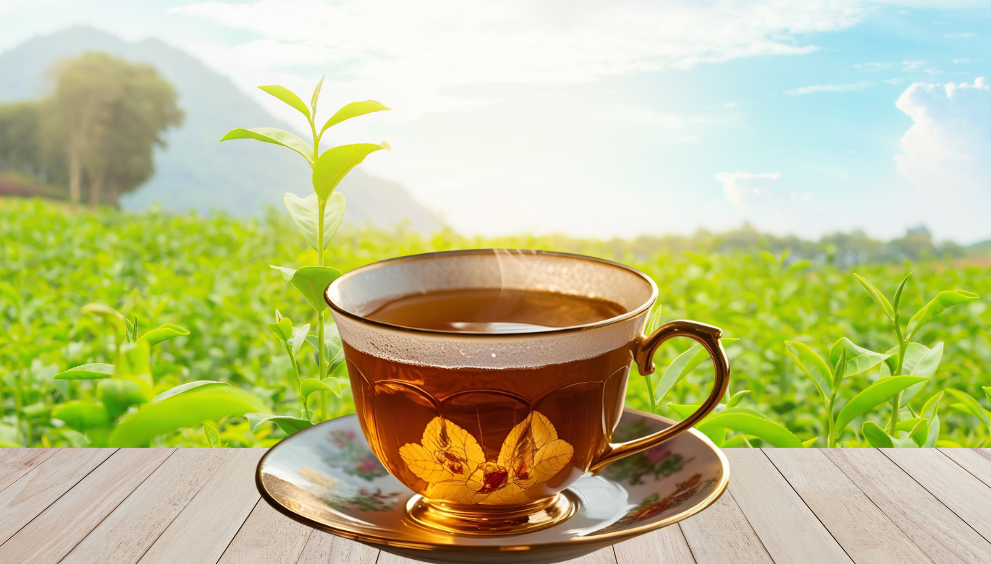Does English Breakfast tea have caffeine? Yes! It contains 30-60mg per cup, less than coffee. Discover caffeine levels, benefits, and decaf options.
If you’re wondering whether English Breakfast tea contains caffeine, the answer is yes—it’s a black tea blend with a moderate caffeine content. Does it contain caffeine, and how much? Whether you’re trying to cut back on caffeine, switch from coffee, or simply curious about what’s in your cup, understanding the caffeine content of English Breakfast tea is more important than you think.
This classic black tea blend is popular worldwide, but many tea lovers are unaware of its comparison to coffee or other teas in terms of stimulation and health benefits. In this article, we’ll break down exactly how much caffeine English Breakfast tea contains, its effects on the body, how it compares to other beverages, and whether it’s a good fit for your lifestyle. Read on before your next sip—you might be surprised by what you learn. And how does it compare to coffee or other types of tea?
In this guide, we’ll cover:
- Caffeine content in English Breakfast tea
- Factors that affect caffeine levels
- Decaffeinated alternatives
- Health benefits & considerations
How Much Caffeine Is in English Breakfast Tea?
English Breakfast tea is a black tea blend, meaning it naturally contains caffeine. Here’s how it compares:
- Average caffeine per 8-oz (240-ml) cup: 30–60 mg
- Similar to other black teas, such as Earl Grey or Assam.
- Compared to coffee:
- A standard coffee cup has 95–200 mg of caffeine.
- So, English Breakfast tea has about ⅓ the caffeine of coffee.
Does the Brewing Method Affect Caffeine?
Yes! Several factors influence the amount of caffeine that ends up in your cup. Let’s explore how brewing methods affect caffeine.
- Tea Type & Blend
- English Breakfast is typically a blend of Assam, Ceylon, and Kenyan black teas, all of which have moderate caffeine levels.
- Loose-leaf vs. tea bags? Loose-leaf may have slightly more caffeine due to larger leaves.
- Steeping Time
- 3–5 minutes = standard caffeine extraction.
- Over 5 minutes? More caffeine (but it can become bitter).
- Water Temperature
- Boiling water (100°C/212°F) is the most effective method for extracting caffeine.
- Slightly cooler water (~90°C/194°F) may slightly reduce the caffeine content.
Decaf & Low-Caffeine Alternatives
If you love English Breakfast tea but want less caffeine, you can try:
- Decaffeinated Black Tea (~2–5 mg per cup)
- The process removes most of the caffeine while retaining the flavour.
- Herbal Teas (0 mg caffeine)
- Chamomile, peppermint, and rooibos are the best choices for you, as they contain no caffeine.
- Half-Caff Hack
- Mix regular and decaf English Breakfast tea.
Health Effects of Caffeine in English Breakfast Tea
After water, tea is a beloved drink worldwide. English breakfast tea has health benefits, but it also has side effects, as every tea has pros and cons.
Benefits
- Boosts alertness and focus (without the crash of coffee).
- Rich in antioxidants (theaflavins & thearubigins) that support heart health.
- Lower acidity than coffee (gentler on digestion).
- Mental Alertness: Enhances focus and concentration for 3-4 hours
- It may increase calorie burning by 3-11% as Metabolism Boosts.
- This tea has Antioxidant Power, which contains theaflavins linked to heart health.
- Hydration: Contrary to myth, it contributes to daily fluid intake
Considerations
- Are you sensitive to caffeine? It may cause anxiety.
- Sleep disruption? Avoid drinking after 2–3 PM if caffeine affects your sleep.
- Pregnancy? Moderate intake (under 200 mg/day is generally safe.
- Sleep Disruption: Even small amounts may delay sleep onset
- Anxiety Risk: High sensitivity may cause jitters (above 200mg/day)
- Iron Absorption: Tannins may reduce iron uptake by 15-20% when consumed with meals
Nutrition Amounts In English Breakfast Tea

Final Verdict: Yes, It Has Caffeine (But Less Than Coffee)
English Breakfast tea contains caffeine (30–60 mg per cup)—enough for a gentle energy boost but less intense than coffee.
For caffeine lovers: Enjoy it in the morning for a smooth pick-me-up. For a reduced caffeine option, try decaf versions or herbal teas in the evening.
FAQs
- Is English Breakfast tea stronger than coffee in caffeine?
No, English Breakfast tea contains 30-60mg of caffeine, which is approximately one-third the amount of caffeine in a standard cup of coffee. - Can I drink English Breakfast tea at night?
It’s best to avoid it if you’re sensitive to caffeine. Opt for decaf or herbal teas in the evening. A cup has 40-70mg of caffeine (half of a coffee), which can disrupt sleep. Decaf English Breakfast (2-4mg) and Herbal teas (caffeine-free) are better options.
Tip: If you must drink it, brew a weaker version or have it at least 4 hours before bed.
- Does adding milk reduce caffeine?
No, milk doesn’t lower caffeine content—it only affects flavour and texture. Milk masks the bitterness (makes strong tea smoother). It slightly slows down the absorption of caffeine due to the fat content. There is no reduction in the amount of caffeine you consume.


